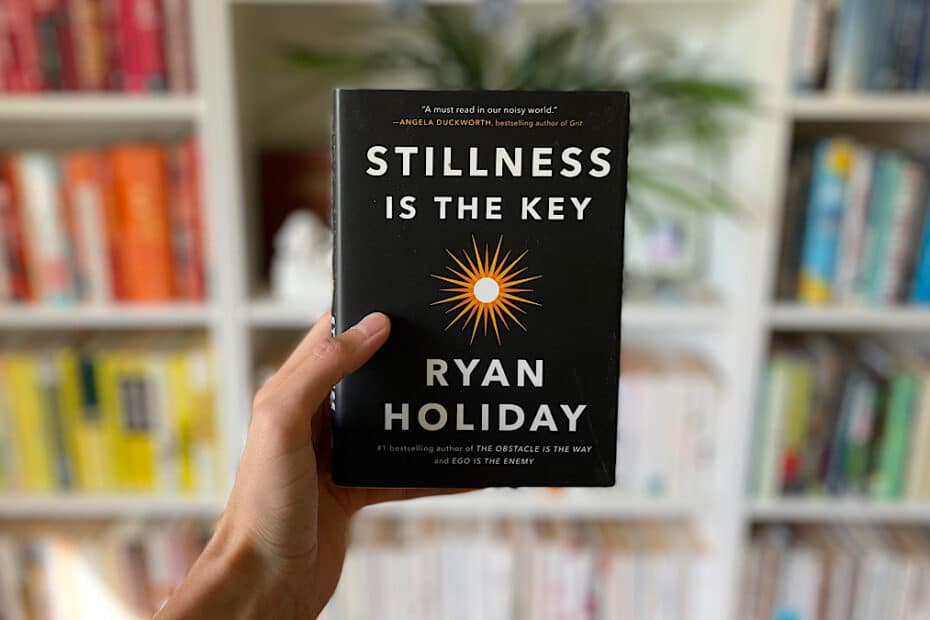“Epicurus once said that the wise will accomplish three things in their life: leave written works behind them, be financially prudent and provide for the future, and cherish country living. That is to say, we will be reflective, we will be responsible and moderate, and we will find time to relax in nature.”
Ryan Holiday, Stillness is the Key (Page 183)
Beyond the Quote (119/365)
If there was ever a time to prioritize reflection, responsibility/ moderation, and nature, this would be the time. COVID-19 has had a drastic impact on the world—our world. It took almost everything that we grew to rely on as part of our daily lives and flipped it all upside down. Family dynamics aren’t the same. Work isn’t the same. Education isn’t the same. Extracurricular activities aren’t the same. Food isn’t the same. Friends aren’t the same. Shopping isn’t the same. Exercise isn’t the same. Entertainment isn’t the same. Everything has been affected. And when the landscape all around us is shifting as rapidly as it is under these circumstances, what we need now more than ever is stability and stillness within.
Read More »Epicurus Quote on What The Wise Will Accomplish in Their Life 